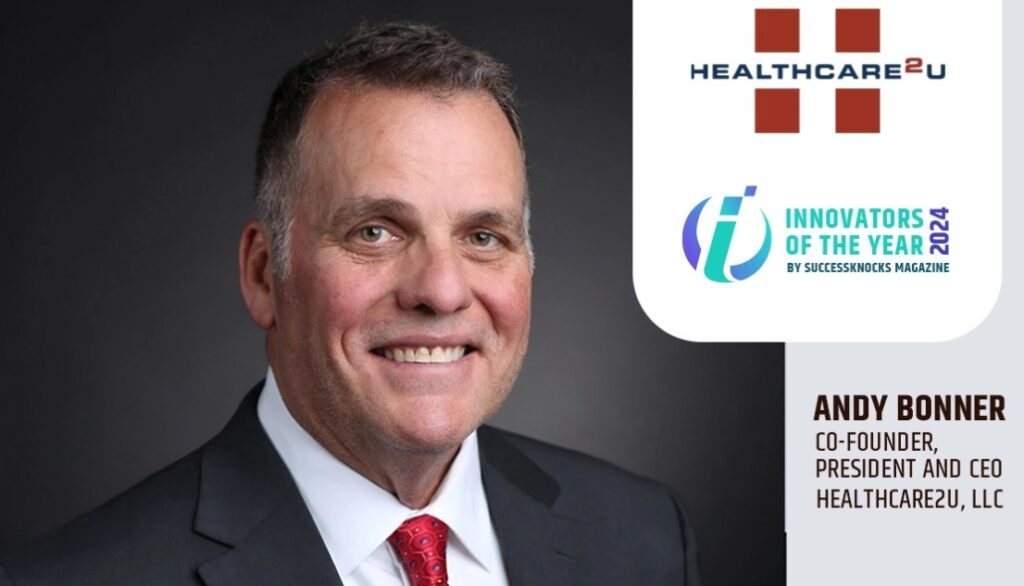According to KFF, 20 percent of insured adults had a surprise medical bill in the past two years, and 66 percent of adults are worried about being unable to pay unexpected medical bills. Some have accused insurance companies, hospitals, and doctors of putting profit over patients.
For some patients, getting an unexpected bill for a treatment they thought was covered by insurance can be financially devastating. In fact, a Federal Reserve report found that nearly 40 percent of adults in the U.S. in 2018 would have trouble paying an unexpected $400 bill. Surprise bills are sometimes triggered when patients unknowingly see a doctor out of their network. Often, it’s from an out-of-network anesthesiologist or surgical assistant chosen by a surgeon without the patient’s knowledge.
Doctors blame the insurance companies, and the insurance companies point fingers at doctors. Many feel Congress should intervene and hold insurance companies accountable. Lawmakers are struggling for approaches to curtail the practice that can leave patients on the hook for huge medical bills.
Doctors want to be paid a fair amount for the services they provide, but patients are crying out to lawmakers for protection from unfair practices. There are a few proposed solutions to mitigate surprise medical bills. They include requiring increased transparency from insurance companies on what’s covered, an independent resolution process to solve billing disputes between doctors and insurance companies, and patients advocating for themselves.
Increased Transparency from Insurance Companies and Hospitals
Insurance companies claim they have no problem with price transparency. They say hospitals are the ones keeping patients in the dark. Although a price transparency rule took effect in 2019, many hospitals are meeting the requirements by posting generic “list” prices, which aren’t based on what the patient may be responsible for. For price transparency to be meaningful, the information provided must be individualized so that it closely represents the actual costs.
An Independent Resolution Process
One proposed solution to solving billing disputes involves setting up an arbitration process that’s independent of doctors and insurance companies. A third party comprised of healthcare experts would help the two entities negotiate payments. Doctors feel this option would help prevent them from being steamrolled by insurance giants.
Another option would be to have insurance companies pay doctors based on a benchmark—the median in-network rate for the service. While insurance companies seem to like this idea, doctors feel they’d get the short end of the stick by relinquishing too much pricing control to insurers.
Advocate for Yourself
Although some states have put measures in place, we don’t know to what degree Congress will decide to intervene. The best thing to do to avoid surprise medical bills is to be proactive. Here are a few things you can do to prevent being shocked after the fact.
- Check whether the hospital or doctor you’re using is in your insurer’s network before you get any treatment.
- Ask detailed questions about whether any out-of-network doctors will play a role in your treatment.
- If you must make a trip to the ER, be sure to go to a hospital in your network and ask if the attending physician is in your network as well.
If an unexpected bill has already hit you, it’s okay to seek help.
- Contact your state’s insurance commissioner’s office to find out if your state has laws in place to safeguard against surprise medical bills.
- Check with the National Patient Advocate Foundation (NPAF). They’re a nonprofit organization that helps patients file an appeal with their insurance provider.
With unbelievable charges for over the counter medications, supplies or simple treatments ($60 for a single ibuprofen, $5,751 for an ice pack, or $629 for a Band-Aid) continuously making headlines, it’s clear something needs to be done in the immediate future. People deserve to know what they’re paying for care upfront, and hopefully, policies will soon be put in place to mitigate surprise medical billing nationwide.







